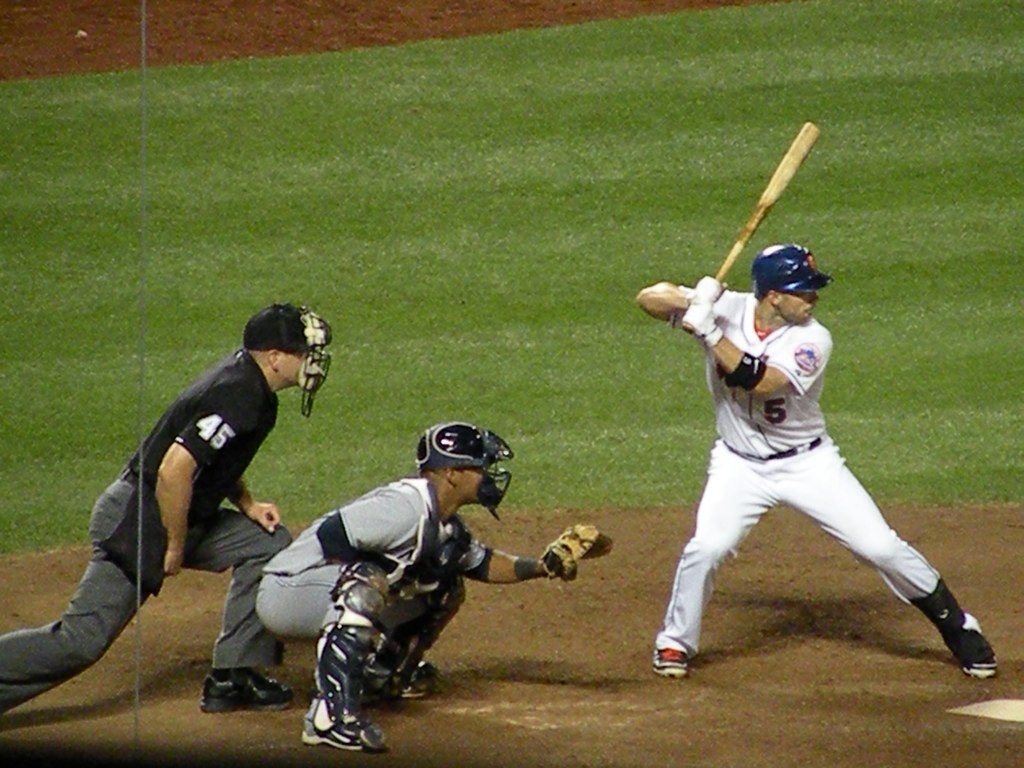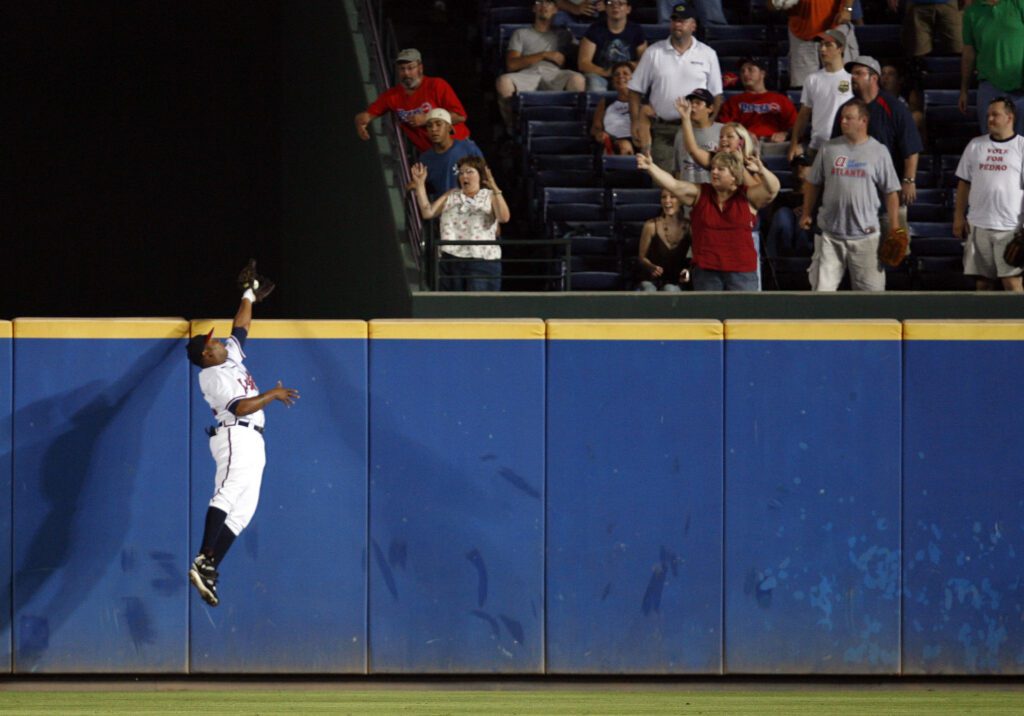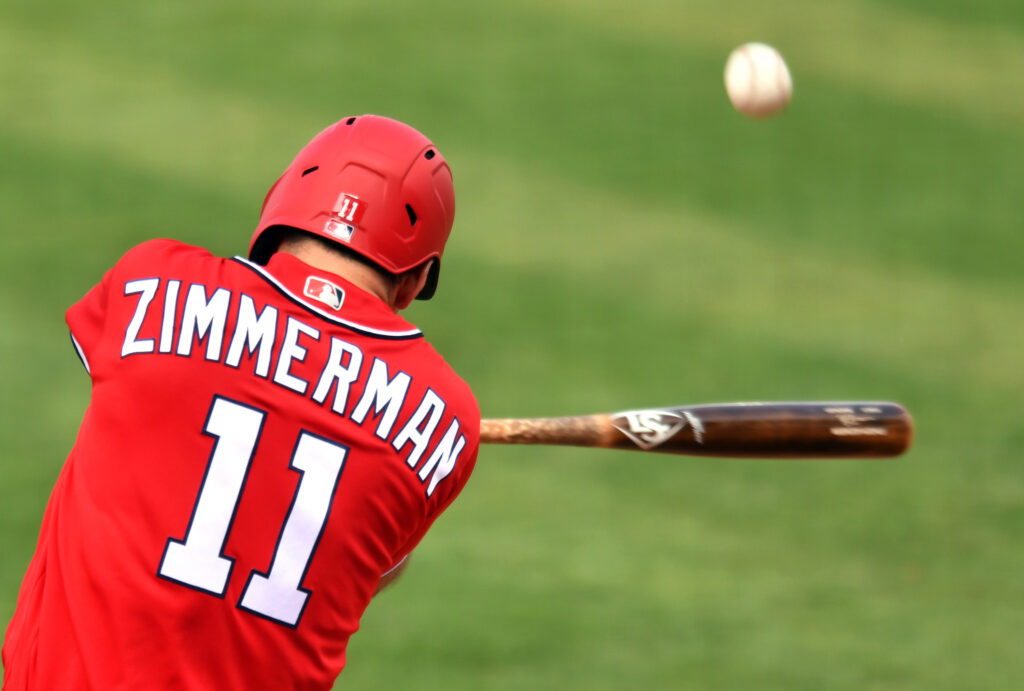Every year around this time the BBWAA (Baseball Writers Association of America) announces the players on the Hall of Fame ballot for the upcoming election. Unlike the last few elections, the 2024 ballot has several newcomers with legitimate cases for enshrinement. These are the case for four Hall of Fame ballot first-timers (thankfully PEDs aren’t involved in any of them).
The Case For Four Hall of Fame Ballot First-Timers
Adrian Beltre, 3B: LAD, SEA, BOS, TEX
Honestly, Adrian Beltre is such a slam-dunk Hall of Famer that his case doesn’t need to be made, but here it is anyway. To start he has 3,166 hits, 477 home runs, and 636 doubles over his 21-year career. While he certainly accumulated a lot of very impressive numbers throughout his career, his rate stats are also very impressive. He slashed .286/.339/.480 for an OPS of .819 and OPS+ of 116. That’s a lot of numbers but what that means is that he was getting on base and producing at a well above average rate for 21 years, something very few players could accomplish.
His career wasn’t marked by consistency though, after being very average for the first five years of his career Beltre broke out for the LA Dodgers in 2004, leading the league in home runs and finishing second in MVP to Barry Bonds (who put up probably the best season by a hitter ever) and many thought he would be a superstar for years to come. He struggled though after signing with the Seattle Mariners for several years. It was only once he bet on himself and signed a one-year deal with the Boston Red Sox before the 2010 season that he truly became one of the game’s best. From 2010 on he never looked back, receiving MVP votes in each of the next seven seasons, making four all-star teams, winning three Silver Sluggers and three Gold Gloves on the way to becoming a Texas Rangers legend.
All of that led to Beltre finishing seventh all-time in fWAR, fourth in Jay Jaffe’s JAWS, and second in defensive WAR all-time for third basemen. He is an all-time great third baseman on both sides of the ball, putting up some eye-popping numbers with the bat and proving himself as one of the greatest defensive players who ever lived.
Joe Mauer, C/1B: MIN
Joe Mauer is one of the biggest legends in Minnesota Twins history. A hometown guy who became an instant fan favorite and put up big numbers while playing his entire 15-year career in a Twins uniform, Mauer was one of the best catchers of his generation. From 2006 to 2015 he was the second best offensive catcher by wRC+ at 129 and third by WAR at 46.8. In his prime he was one of the game’s best players at any position, ranking third in baseball in WAR over those five seasons.
He also stacks up well historically, his seven-year peak WAR ranks fifth among all catchers and his JAWS ranks seventh. Additionally, Mauer maintained a career average of .306 making him one of only nine catchers with over 5,000 plate appearances to maintain a .300 career average. His .388 OBP is third all-time for a catcher and is higher than any player who has played since 1938. Overall, Joe Mauer is one of the greatest offensive catchers of all time who put together one of the best five-year peaks for a catcher in history. He became a Minnesota legend and meant more to his team than almost any other player while cementing himself as one of the best catchers of his generation.
Chase Utley, 2B: PHI, LAD
Very few players go through a stretch of multiple seasons where one could make a case for them being the number one player in baseball, most Hall of Famers don’t even have stretches like that. Chase Utley did though, from 2005 to 2014 he was in a virtual tie with future first-ballot Hall of Famers Albert Pujols and Miguel Cabrera in WAR (57.6 for Utley, 57.8 for Cabrera and Pujols). In that same span, Utley was so far and away the best second baseman that only four players even accumulated half his WAR and he was 17 wins ahead of second-place Robinson Cano. As well, Utley was first among second basemen in both Fangraphs’ offensive and defensive runs, he is one of only a handful of players who have had a stretch of ten seasons being possibly the most valuable and dynamic player in the entire sport.
Utley’s stretch of excellence was one of the main reasons the Philadelphia Phillies became one of the best teams in baseball, winning two straight pennants and the 2008 World Series. Two other players on that team, Ryan Howard and Jimmy Rollins both won MVP awards during that stretch but Utley never quite got the recognition he deserved. He was at times overshadowed by his teammates but he still received many accolades. He made five straight all-star teams, won four straight Silver Sluggers, and received MVP votes in five straight campaigns including three top-ten finishes.
Chase Utley put up some of the best numbers in the game over much of his career, posting five straight seasons with an OPS over .900 and seven straight years of over 9.5 defensive runs. He was the best-hitting second baseman of his era and possibly the best defensive second baseman, he produced as much as any player in baseball over his ten-year peak and despite his career tailing off towards the end, he deserves to be honored among the game’s greats.
David Wright, 3B: NYM
Much like Mauer with the Twins, David Wright is one of the most iconic players for his team, the New York Mets. He spent his entire 14-year career with the Mets and finished as one of their greatest hitters in franchise history. In his 20’s it seemed like he would be a surefire Hall of Famer but injuries and a swift decline in his 30s made that much less likely.
During the same period as Utley (2005-2014) Wright was one of the best players in baseball. He was fourth in WAR only behind the aforementioned Pujols, Cabrera, and Utley, the problem is he only accumulated 0.9 wins for the rest of his career. On top of that Wright was tenth in the MLB in wRC+ at 134 (min 4,000 plate appearances) and second to Alex Rodriguez among third basemen in that category. He ranked top four among third basemen in essentially every offensive category for a decade and made seven all-star teams over that stretch. While his counting stats are not near that of the typical Hall of Famer, during his peak, Wright certainly looked like he was good enough to be inducted.
The question to ask when thinking about Wright’s case is how important a player’s peak is, he won’t get any votes based on longevity but it is important to understand that during his peak Wright was arguably the best third baseman in the game and the leader of a historic franchise. It is unclear if he will ever be enshrined in the Hall but if he is to get in it would be to be fully based on appreciation for his great peak and impact on the Mets organization, not any eye-popping volume numbers.
Those four players certainly represent the upper echelon of players in the sport’s history, but the Hall of Fame demands more than that. The Hall is reserved for just the top one percent of players to play in the big leagues and while these players are great, that is a very high bar to match. Just being named on the ballot means you were a great player and many other great players were introduced this year but it takes a truly historic career to earn induction into Cooperstown, whether these players met that standard is for the writers to decide.



